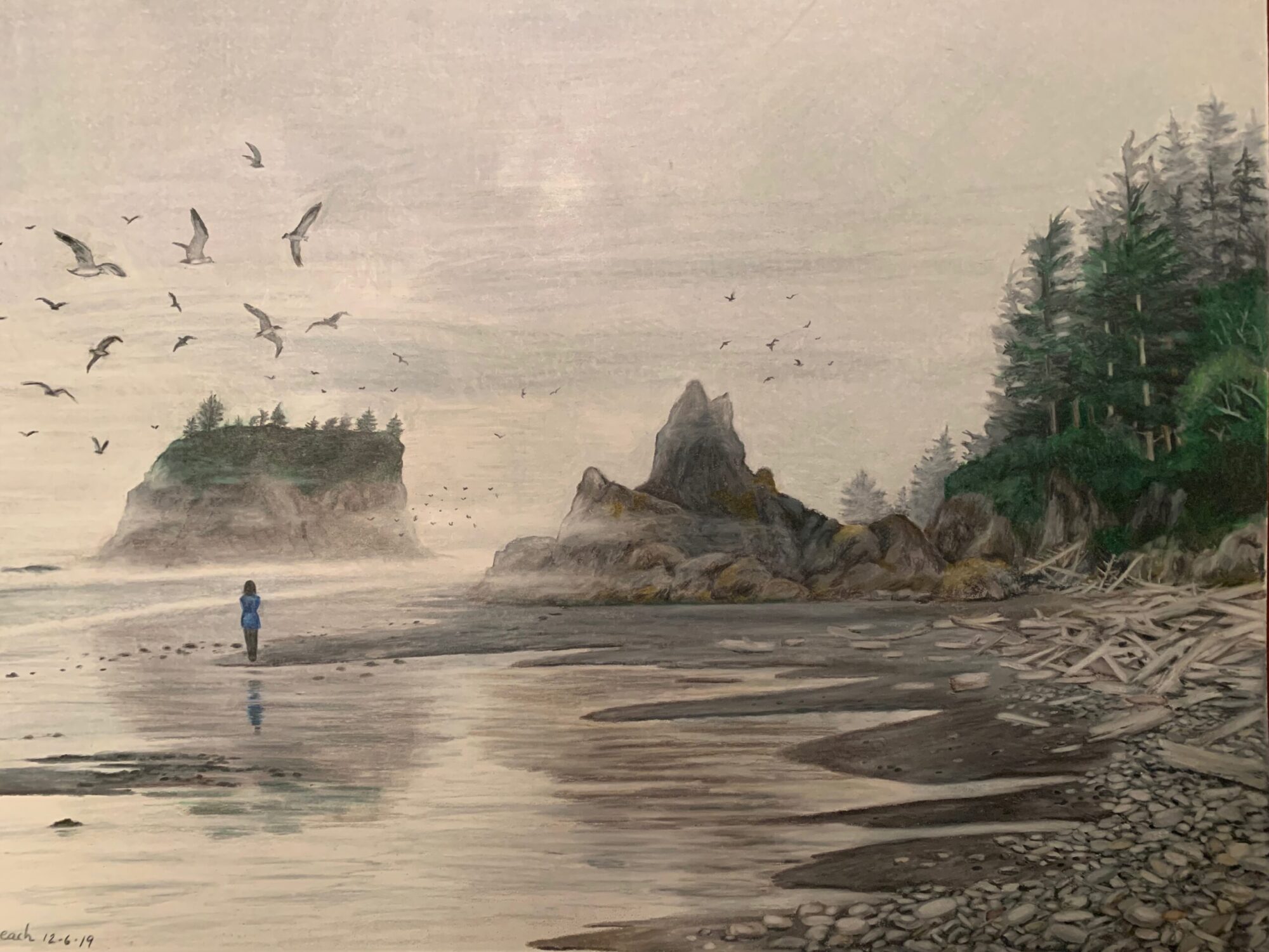(post by Ryan DiLello)
Two supreme court cases dealing with criminal prosecutions in Oklahoma have created a crisis regarding the state’s recognition and treatment of Native American land.
Background: The Trail of Tears
Like other Native American tribes, the Muscogee Creek people have endured a history of relocation and marginalization. Following the Indian Removal Act of 1830 and the Removal Treaty in 1832, the U.S. army marched more than 20,000 Muscogees into Indian Territories primarily in Oklahoma. In Oklahoma, the Muscogee re-established themselves, maintaining a chief as well as a constitution. Shortly after the civil war, the tribe was forced to forfeit 3.2 million acres of its land for redistribution. But despite more widespread efforts from congress to strip native american tribes of their sovereignty, the Muscogee have resisted. Today, the tribe retains their land but their sovereignty is in question, often capitulating to joint agreements with the state of Oklahoma. But after two court cases recently resurfaced, the entirety of the reservation’s sovereignty is up for debate.
Sharp v. Murphy
In 1999, Patrick Murphy of the Muscogee (Creek) Nation in Oklahoma murdered another Muscogee man, George Jacobs. Murphy was found guilty in state court and sentenced to death. Earlier this year, however, Murphy appealed his case to the Supreme Court claiming that because he is a Native American and the murder occured on the reservation, it was outside the state’s jurisdiction to prosecute him. Murphy argued that the case ought to have been carried out at the federal level instead. Murphy’s argument sharply diverges from almost 100 years of juridical practice in Oklahoma. Though Congress failed to ever formally eliminate Muscogee land, judicial proceedings paired since the founding of Oklahoma effectively eliminated Muscogee land. The possible retrial at the federal level, however, would reify Muscogee land in Oklahoma and reclassify much of Eastern Oklahoma as an Indian reservation.
In the eyes of the state, the appeal posed worrisome consequences. In the words of state lawyer Lisa Blatt, affirming the existence of the reservation would have “earth-shattering consequences.” She pointed to the 2,000 prisoners, 155 of whom are convicted murderers, who would have their cases reopened. Legitimizing Muscogee land would also mean its natives would be exempt from sales and income taxes. The case remains pending in a 4-4 gridlock, with Justice Neil Gorsuch having recused himself.
Oklahoma v. McGirt
Last friday, a similar case arose regarding sexual violence against a child. Jimcy McGirt, a Muscogee man, claimed his 1997 rape conviction should be overturned because of the same jurisdictional dispute. Borrowing Murphy’s argument, McGirt asserted that only the federal government could prosecute him. Speaking with NPR, Justice Breyer said, “here are 1.8 million people living in this area. They’ve built their lives not necessarily on criminal law but on municipal regulations, property law, dog-related law. And now if we say this land belongs to the tribe, what happens to all those people, all those laws?” The case poses immense logistical, economic, and political problems for those living on and off the reservation. The Supreme Court expects to have a decision by January 1st, 2020.
A map of Muscogee territory. The tribe has over 81,000 members.
What’s ultimately at stake? // Reflection
The decision of the Supreme Court in the Oklahoma v. McGirt case will decide whether nearly half of Eastern Oklahoma is in fact an Indian reservation. Affirming the reservation, however, would jeopardize the homes of millions, cut essential tax revenue, and resurface hundreds of court cases. And though the media has emphasized the downsides, the freedoms and sovereignty of the Muscogee people are also on the line.
I was intrigued with these cases because they illustrate the complex connection between juridical practices and the formation of boundaries. These cases in particular showed how juridical changes in one region can have significant implications on outsiders. Oklahomans living off the reservation would still feel the effects of tax adjustments in various forms of socio-economic changes. Additionally, if non-Muscogan citizens living on the reservation had to leave, the effects of displacement would be widely felt. There are also concerns at the federal level; courts might exhaust their resources when faced with an overload of retried cases. In all, the far-reaching effects of this one case serves to demonstrate the ways in which juridical practices at a local level can pose significant impacts on a national level and the interdependence of juridical practice and boundaries.
Sources:
